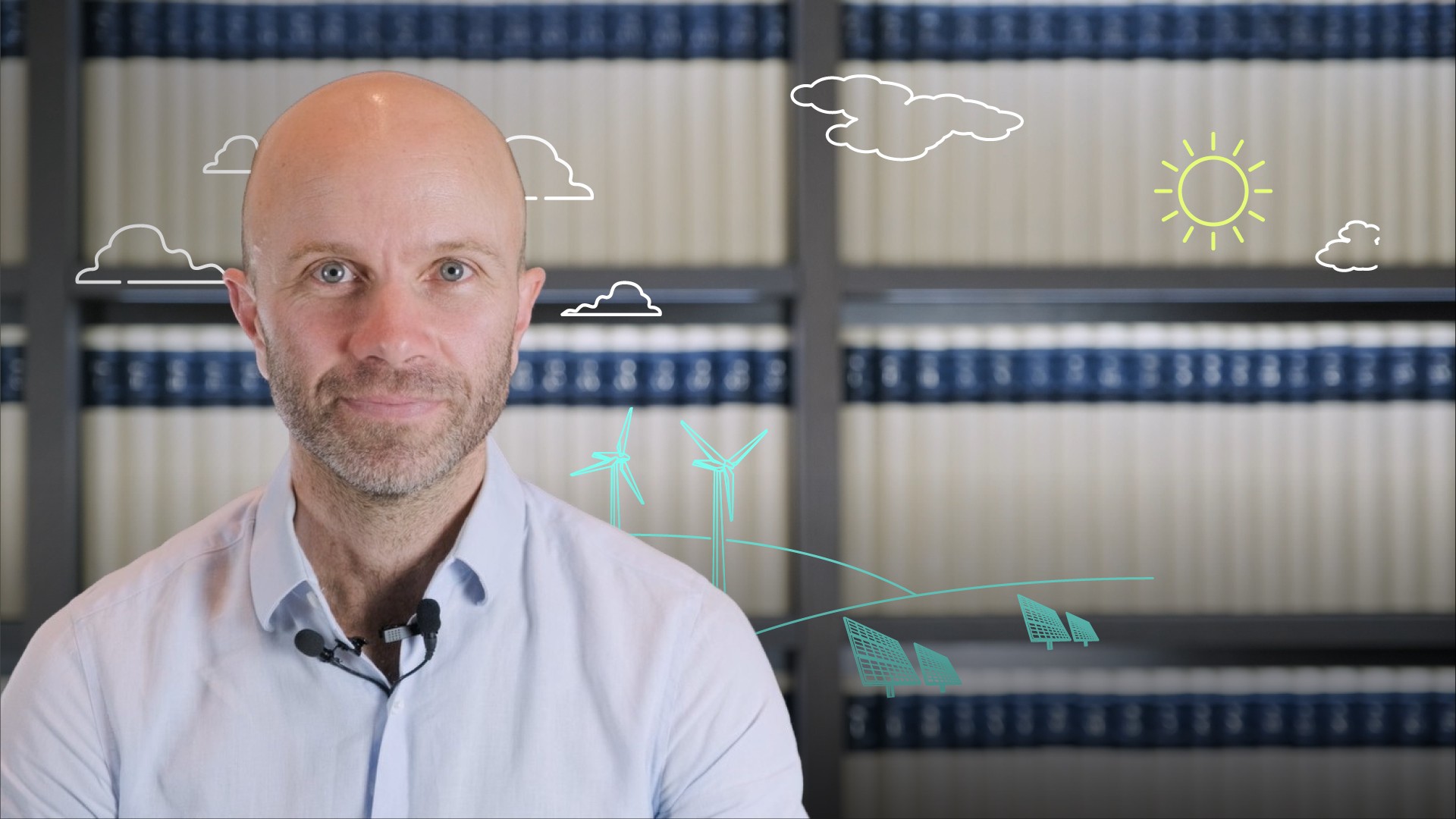
EPC Solvency and Grid Connection

Lachlan Tait
15 years: Renewable energy & project finance lawyer
In this video, Lachlan covers the overarching challenges facing renewables as a sector and how the project contracts can be used to overcome or otherwise manage these challenges.
In this video, Lachlan covers the overarching challenges facing renewables as a sector and how the project contracts can be used to overcome or otherwise manage these challenges.
Subscribe to watch
Access this and all of the content on our platform by signing up for a 7-day free trial.

EPC Solvency and Grid Connection
10 mins 20 secs
Key learning objectives:
What are the overarching challenges faced by renewables as a sector?
How can the project contracts be used to overcome these challenges?
Overview:
The renewables sector, like other "sustainable" sectors, is booming and this boom is likely to continue. However, this doesn't automatically mean that renewables projects are easy or abundant. In fact, in many ways, they are becoming increasingly difficult to manage.
Subscribe to watch
Access this and all of the content on our platform by signing up for a 7-day free trial.
What are the factors contributing to the difficulty of renewable energy projects?
- Solvency risks affecting engineering, procurement and construction, or EPC contractors
- Grid connection and stability issues;
- Price risks in power purchase agreements
- COVID-19 and force majeure, and related supply chain impacts and delays
What terms do EPC contracts include in order to help manage risks?
- EPC payment arrangements generally include mechanisms to avoid diversion of funds from one project to another
- If the project is falling substantially behind time, the developer may have the right to ask the EPC contractor to prepare a remedial action plan - incorporating measures to make up for the delays
- Developers may also have the right under the EPC contract to step in and take over either part of or all of the work if the EPC contractor is not doing its job properly
- The developer may be able to terminate the EPC contract altogether
Why is connection to electricity necessary?
Connection to the electricity network is necessary for all projects intending to export electricity to that network. Electricity networks are owned and operated by monopolist utilities that provide connection and export services. Boom conditions are driving high levels of market penetration for renewables, and high demand for network connections. High concentrations of renewables projects may lead to network instability. Different approaches exist for combatting this - one approach is to "curtail" generators connected in locations suffering from high instability. PPAs can provide contractual protection for curtailment by recognising "Deemed Energy". Deemed Energy regimes provide that, where generation is lost or does not occur as a result of risks allocated to the buyer, then the seller is deemed to have generated the lost electricity and the buyer must pay for it.
Subscribe to watch
Access this and all of the content on our platform by signing up for a 7-day free trial.

Lachlan Tait
There are no available Videos from "Lachlan Tait"



























